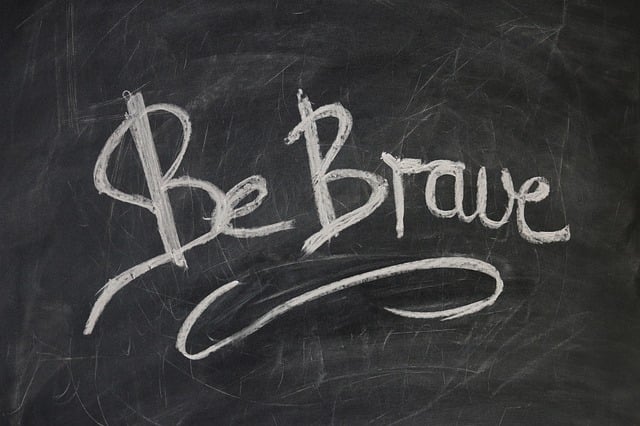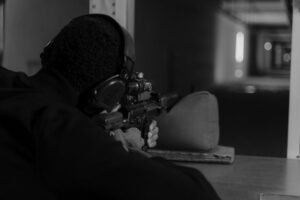As a Christian (knowing God’s Spirit indwells me), I am inspired, my spirit is encouraged, and my resolve strengthened as I face daunting situations that may cause me to hesitate due to doubt and fear. So how might an ideal profile of courage look? First, may I suggest that it might embody qualities beyond the conventional idea of fearlessness. Basically, true courage often involves acknowledging and confronting fear, uncertainty, or adversity with dignity and determination.
A courageous person understands their own fears, limitations, and vulnerabilities, and still chooses to face them head-on. They don’t deny their fear, but they do manage it while doing what’s morally right. This courage can bounce back from setbacks, maintain emotional strength, stand up for others by showing empathy, and advocate for those who are marginalized or oppressed.
Resolute courage isn’t just about feeling brave; it’s about acting in the face of fear (even when the outcome is uncertain) and having a clear sense of purpose that propels one forward. Paradoxically, courage can also involve being vulnerable. A courageous person is not afraid to embrace imperfection, knowing it’s part of human experience. An ideal courageous person recognizes that their strength comes from a collective effort of others, including God Himself.
A largely unknown and courageous young man named David told the giant, Goliath, “I come to you in the name of the Lord God…and this is the Lord’s battle.” (1 Sam. 17:45f). Problem solved.
“I (God) am the one who comforts you. So why are you afraid of mere humans, who wither like the grass and disappear?” (Isa. 51:12, NLT).
“Though I walk through the valley of the shadow of death, I will fear no evil.” (Ps. 23:4, NKJV).
Courage, then, is not just the absence of fear, but the willingness to act in alignment with virtuous values and an ongoing faith in the providence of God.
-John Driggers, Spiritual Advisor for Myers-Davis (2/24/2025, V7#8)



